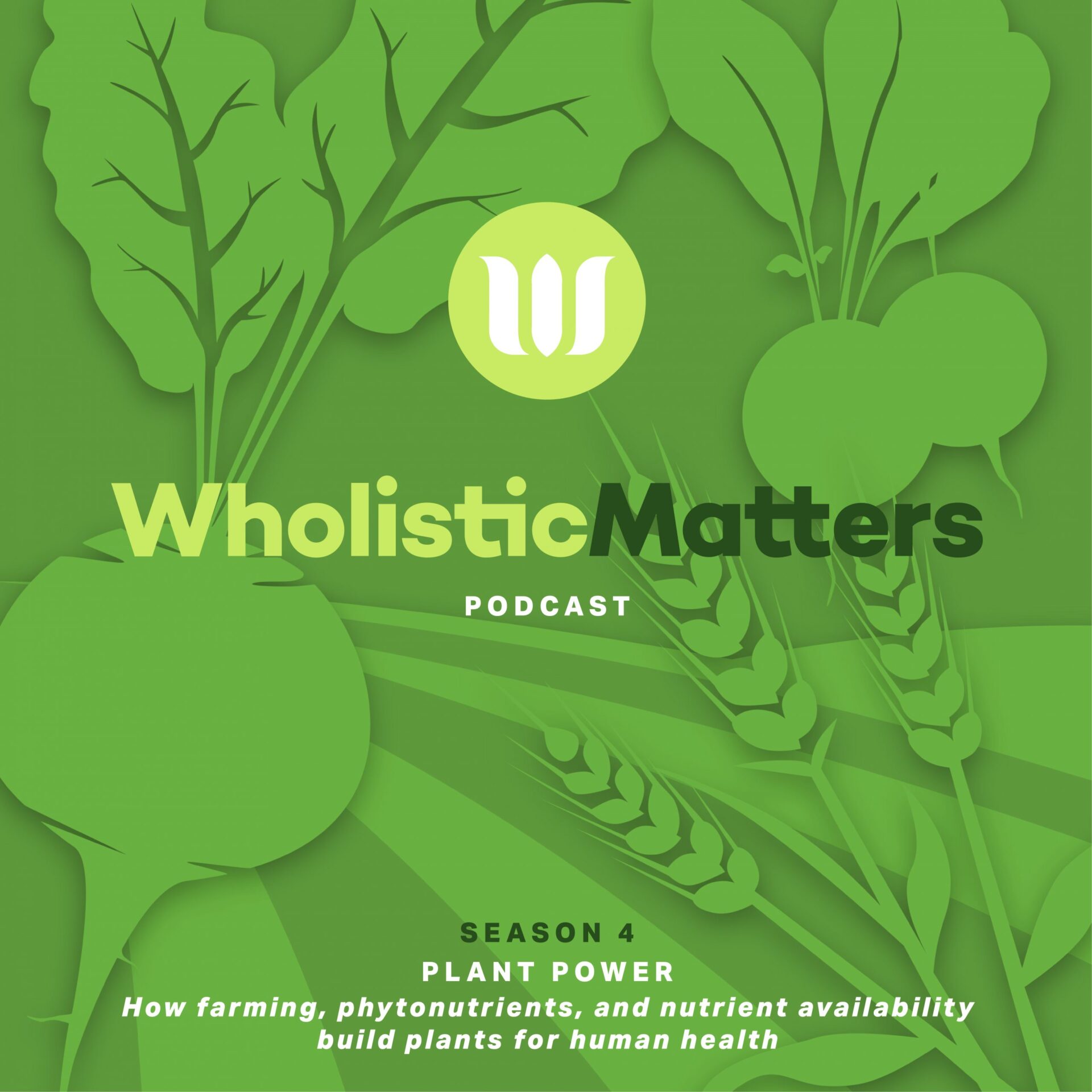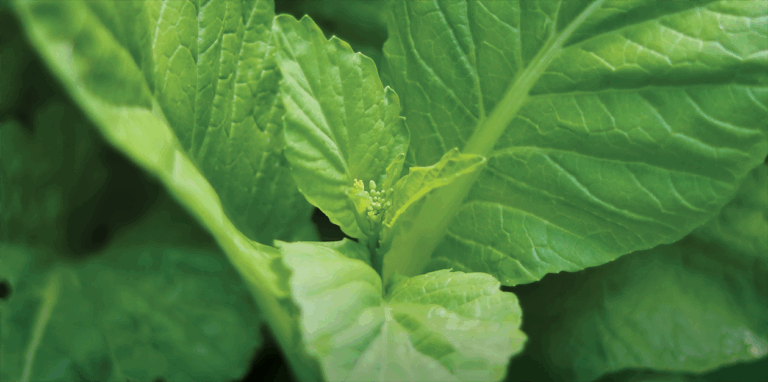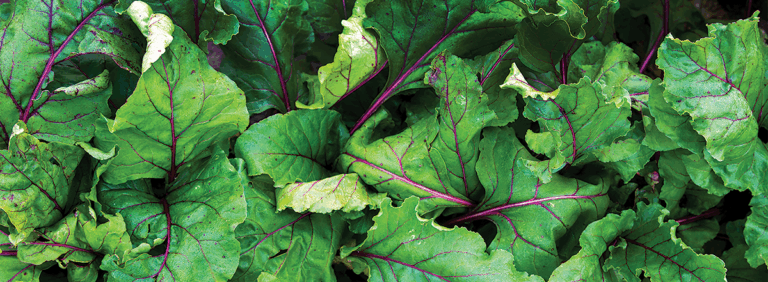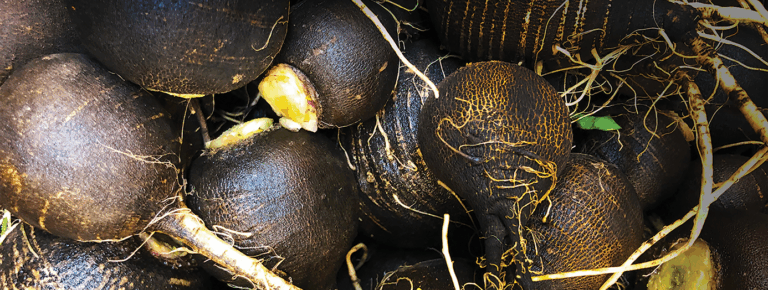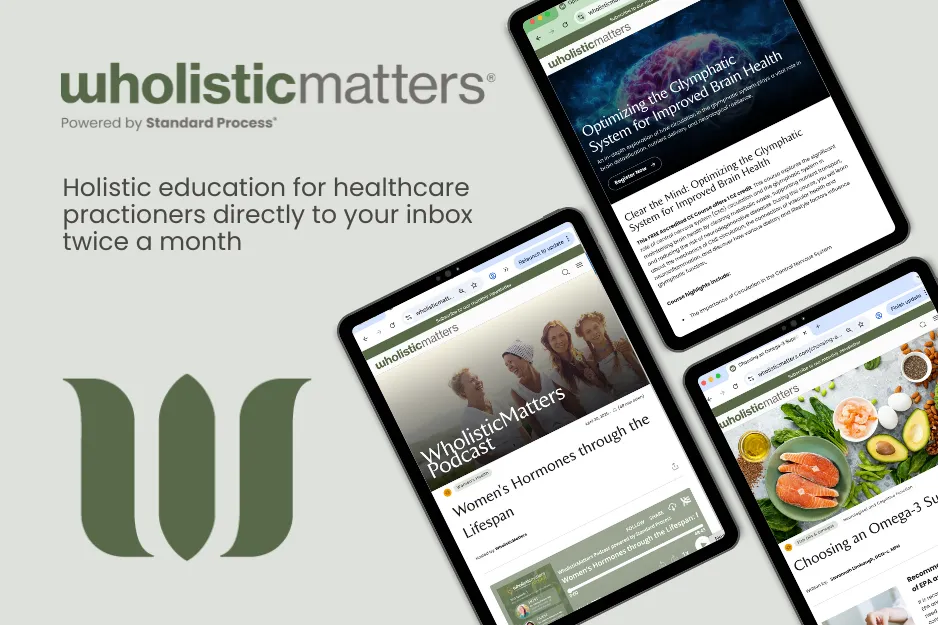The Importance of Sustainable, Organic Farming
About this Episode
In the third episode of Plant Power, the fourth season of the WholisticMatters Podcast Series, our topic is organic farming. Our guest on this episode is organic farm director Christine Mason. Listen all the way to end for clinical insights from practitioner Dave Hogsed, DOM, AP.
What is Organic?
We start with one of Christine’s favorite topics, defining organic farming. As she explains, organic produce is defined by the U.S. Department of Agriculture (USDA) as “certified to have grown on soil that had no prohibited substances applied for three years prior to harvest.” In Christine’s words, producing organic food includes “a promise of practice of the way you’re farming.”
We talk with Christine about the benefit of organic farming for soil health, crops grown in that soil, and the individuals who eat those crops and the products that use the crops as ingredients. A remarkably small portion of farming acres are devoted to organic farming, disproportionate to the number of Americans who regularly purchase something organic. According to the USDA Economic Research Service, “organic products are now available in nearly 20,000 natural food stores and nearly 3 out of 4 conventional grocery stores.”
Christine says: “When you increase your organic matter, you have more of a chance of feeding the world.”
